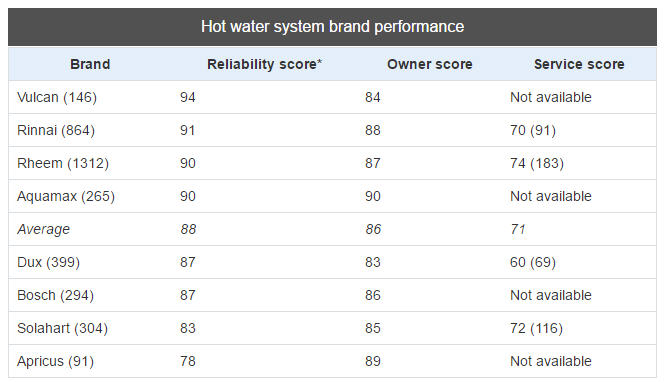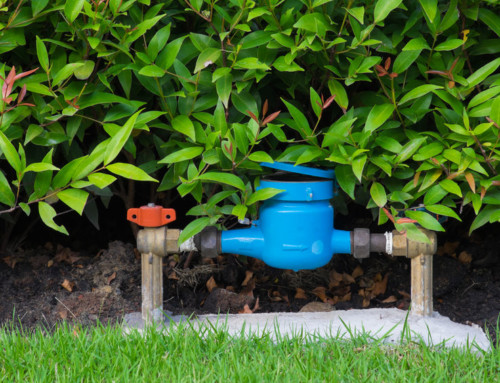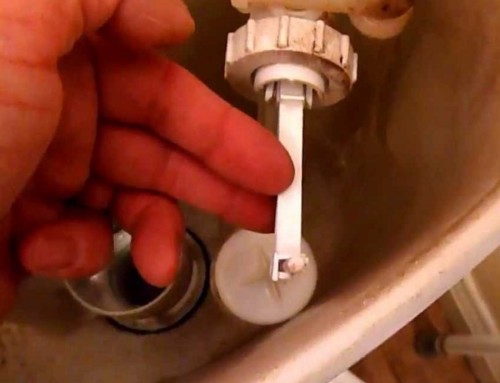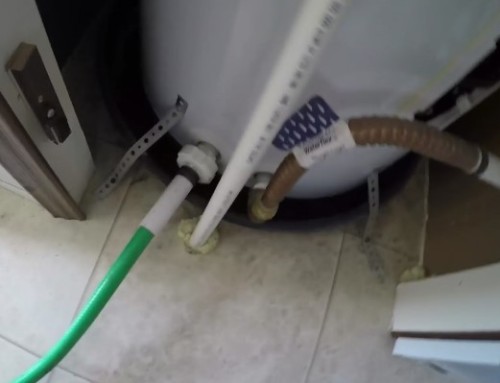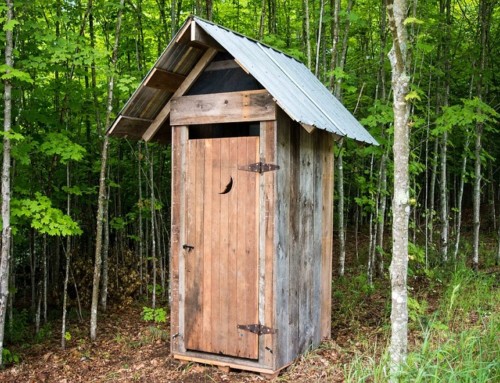What type of hot water system is most suitable?
If you’re looking at purchasing a new hot water system the first thing you need to decide is the type of system.
Electric hot water system
Usually the cheapest to buy and install but the most expensive to run. They can be setup indoors or outdoors to there is a good convenience factor, however they need to run on peak electricity. If your house has off-peak electricity available you can heat the system overnight, but this will also require a larger tank.
Gas hot water system
Gas is cheaper than electricity and the rates don’t fluctuate throughout the day, so ongoing costs will be lower than with an electric system. The purchase of the tank is higher though, and you might pay $500-1000 more for a gas hot water system. They are generally used outdoors but can be placed inside if they have a flue. If you’re going with a continuous flow system (see below) it is advised to choose gas.
Gas systems also have an energy efficiency rating so you can easily identify the most efficient systems when making your choice.
Solar hot water
These systems require both solar panels and a storage tank. Because they are getting “free” energy from the sun, they have incredibly low running costs. Initial outlay is more expensive but is generally paid off over a number of years with much cheaper power bills. The tanks will have a gas or electric booster element to ensure the water is still heated on days with minimal sunshine.
Heat Pump
Another highly energy efficient option. They extract heat energy from the air and uses it to heat water. A heat pump will use about 2/3 less energy than a convential electric water heater. They need to be in a well ventilated area (so usually outside) and make a bit more noise. The cost is normally similar to or slightly less than a solar hot water system.
Here are some results from a survey by Choice on the different types of hot water systems:
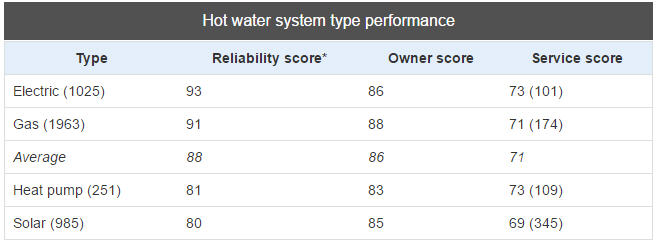
Should I get a storage tank or continuous flow?
Storage tanks are the more common option, and can be in electric, gas, solar or heat pump. The stainless steel options are more expensive but require less maintenance than mild-steel tanks.
Continuous flow is also known as ‘instantaneous’ and heats the water as you need it. They are usually cheaper to run than tanks because there are no heat losses (whereas water in the tanks lose heat). They are mostly gas, and you should be wary of electric continuous flow systems as they can use quite a lot of electricity.
How much water is needed?
This will definitely influence your decision on the type of hot water system you choose. For large households (4 or more people), a gas storage tank system is usually the best option. For houses with lower usage, you may want to look at continuous gas flow, heat pump electric or solar hot water systems.
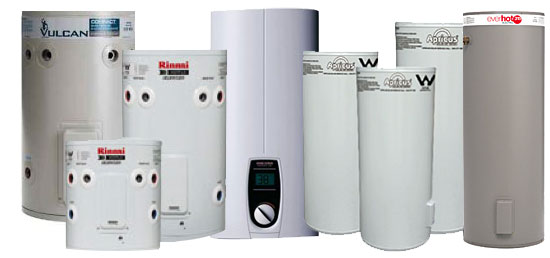
What brand should I go with?
There are a number of high quality brands that will provide suitable hot water in your home. We offer installation of many of the leading brands such as Rinnai, Bosch, Rheem, Dux and Vulcan. We also provide hot water servicing throughout Melbourne.
Below are the results of a Choice survey which rated hot water system performance by brand.
